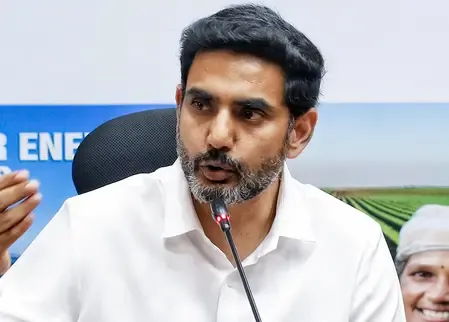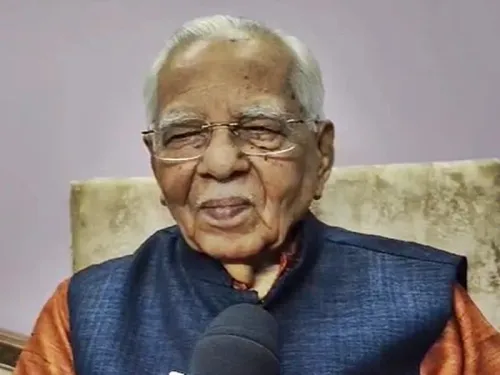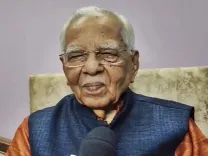Is the Greater Bengaluru Governance Act Centralising Power?

Synopsis
Key Takeaways
- Re-centralisation disguised as decentralisation
- Increased bureaucratic layers
- Insufficient empowerment of local bodies
- Concerns over transparency
- Need for a shift in governance mindset
Bengaluru, Oct 11 (NationPress) BJP Yuva Morcha President and Bengaluru South Lok Sabha MP, Tejasvi Surya, remarked on Saturday that the Greater Bengaluru Governance (GBG) Act was an opportunity for reforming Bengaluru's governance, which has instead resulted in a re-centralisation disguised as decentralisation.
Speaking at a panel discussion on the GBG Act organized by Janaagraha Centre for Citizenship and Democracy in Bengaluru, he stated, "What we currently have is a situation of maximum government and minimum governance. The Act introduces additional bureaucratic layers rather than enhancing state capacity. Authority continues to descend from the Chief Minister and Deputy Chief Minister, rather than rising from the people below."
"We have five ineffective corporations, five ceremonial Mayors, and there is no true transfer of finances or power. Despite the increase in membership of Ward Committees, the Chairperson (Corporator) retains veto power, making participation merely recommendatory. Organizations like Bengaluru Electricity Supply Company (BESCOM), Bengaluru Water Supply and Sewerage Board (BWSSB), and Bengaluru Development Authority (BDA) remain largely unaccountable," Surya criticized the Congress-led Karnataka government.
"The Act effectively sidelines the long-overdue Metropolitan Planning Committee instead of empowering it, a move that contradicts the 74th Amendment of the Constitution," he continued.
"If the intention was to make governance more accessible to the populace, we could have achieved this by increasing wards and giving more power to zonal or ward committees—not by multiplying corporations. In essence, the GBG Act is just old wine in a new bottle—more bureaucracy, less democracy," he concluded.
Surya further highlighted, "There exists significant insecurity among those in power regarding transparency. The BJP had to resort to legal action just to make the Metro Fare Fixation Committee report public. The Bengaluru Metro Rail Corporation Limited (BMRCL) requested an inflated fare increase, and the revised fares were implemented without disclosing the report for over four months."
"Even now, startups focusing on urban mobility face challenges in accessing real-time data from the Bengaluru Metropolitan Transport Corporation (BMTC). At a deeper level, those in power still perceive citizens as outsiders, which fosters a patronizing attitude," he added.
"This mindset must transform if we genuinely desire decentralisation and accountable governance," he asserted.









